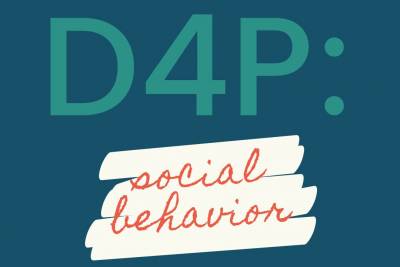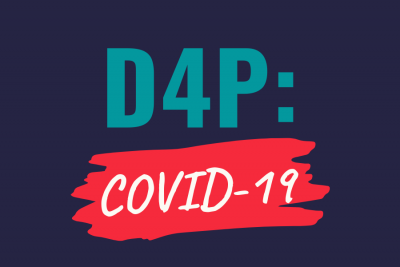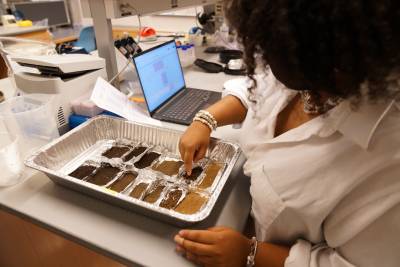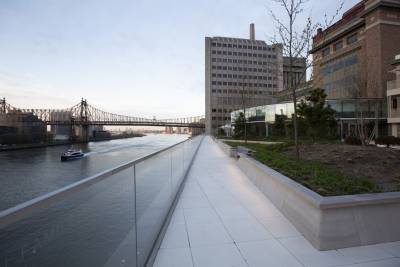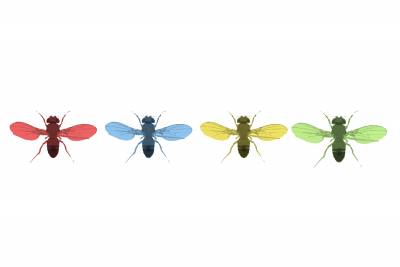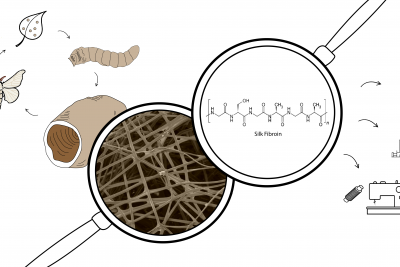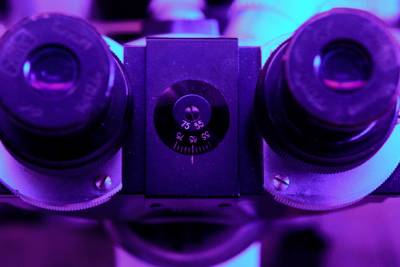D4P Season 3 Town Hall
For as long as humans have been around, we’ve sought to understand how our bodies work and get better at healing our illnesses. While this curiosity has enabled some life-changing discoveries, including antibiotics and vaccines for once deadly infections, many diseases still elude our grasp. During this season of D4P, we explored the science of how we study ourselves, and how our complexity, both as biological systems and as people with unique lives and identities, creates challenges and opportunities for improving human health. We drew throughlines from the past to the present, examining how historical biases and power structures have influenced the way scientific knowledge is generated, valued, and transformed into medical advances. Drawing from recent research, we considered the question “how do we study ourselves?” through topics like the ethics of genome sequencing studies, the rationale for gender- and race-balanced clinical trials, and the role of social inequities in healthcare access and outcomes. We also explored new, innovative practices–from designing experiments that more closely match our biology to uniting patients and scientists in the study of rare diseases–to ask the next, even more important question: “how do we get better at it?”
About our D4P Fellows

Angela Lee
Angela is a PhD Candidate in the Immunology and Microbial Pathogenesis program at Weill Cornell Medicine (WCM). Here, she studies the role of Type I IFNs on macrophage cell death upon Mycobacterium tuberculosis (Mtb) infection in the laboratory of Dr. Carl Nathan. Because Mtb grows in necrotic macrophages, understanding the mechanisms that lead to macrophage cell death may better inform potential host-directed therapies. Before starting the PhD program at WCM, Angela obtained a Master’s in Integrated Immunology at the University of Oxford and worked at the National Institutes of Health (NIH) as a post-bac. In both institutions, she studied another immune cell, called T cells, and their response to varying antigen affinities in hopes of optimizing cancer immunotherapies. In her free time, Angela likes to cook, dance, and paint.

Luz Jubierre Zapatar
Originally from Spain, Luz is now a postdoctoral researcher at Memorial Sloan Kettering Cancer Center in the laboratory of Dr. Kentsis. Where she studies the genetics of neuronal diversity during brain development and how this process sometimes goes wrong and produces cancer in children. Before this, she obtained her Ph.D. at Vall d’Hebron Hospital in Barcelona, under the supervision of Dr. Miguel Segura. In her thesis, she focused on the development of new epigenetic therapies for high-risk neuroblastomas, a type of very aggressive childhood tumors derived from neuronal lineage progenitors. Along with her passion for science, Luz also has a deep love for music, being herself a pianist and a singer, she loves to spend her free time at Carnegie Hall, the Met Opera, and many jazz clubs around the city.

Viktor Belay (he/him), Graduate Student at Weill Cornell and MSKCC
Viktor is a PhD student with the Physiology, Biophysics, and Systems Biology program at Weill Cornell Medicine working in the labs of Richard Hite and John Chodera at Memorial Sloan Kettering Cancer Center. Generally, Viktor studies intracellular ion channels and transporters using biophysical methods. Specifically, he studies channels and transporters that are associated with neurodegenerative disease using techniques such as cryo electron microscopy and molecular dynamics simulations. With this research, Viktor hopes to improve our fundamental understanding of these proteins and innovate toward better health outcomes for diseases associated with them. Outside of the lab, Viktor enjoys yoga, vegan cooking, and communicating science.

Leigh Baxt
Leigh is a Senior Associate Director on the Small Molecule Biology team at the Tri-Institutional Therapeutics Discovery Institute. The TDI helps academic labs from the Tri-I take the first steps toward translating their novel discoveries into new medicines. Leigh leads a portion of small molecule portfolio including strategic efforts to evaluate and triage small molecules as the first step in translating basic science to translational research. Prior to joining TDI Leigh trained in infectious diseases completing a PhD at Stanford University studying Entamoeba Histolytica followed by a postdoctoral fellowship at Harvard Medical School studying Shigella flexneri and a position as a staff scientist at the Broad Institute where she learned translational research methods in her genomics studies of host factors influencing antibacterial autophagy. Leigh is also passionate about outreach into the scientific community providing mentoring, education and consulting on translational research and career paths. Leigh was also a member of the 2022 Women In Power Fellowship coordinated by the 92Y and the Belfer Center for Innovation and Social Impact. Outside of professional engagements Leigh enjoys spending time with her two children and spouse who is also a scientist.

Nora Kostow
Nora did her PhD in Molecular and Cell Biology at the University of California, Berkeley studying how an infectious bacterium spreads by causing the human cells that it lives in to fuse together. She is now an associate research scientist at the Tri-Institutional Therapeutics Discovery Institute (TDI) where she helps turn academic lab discoveries into antibody-based therapies for disease. Nora enjoys art history, music, and comedy. She is passionate about improving institutional cultures through advocacy and activism.

Jude Owiredu
Jude is a third-year PhD student in the BCMB program at WCM, and focuses on understanding the molecular and genetic interplay between oncogenic transcription factors in prostate tumorigenesis and prostate cancer progression. To carry out his work he deploys a multitude of techniques including, in vitro and ex vivo genetic modulation of mammalian cells, bulk and single-cell gene expression profiling, chromatin accessibility and cistrome profiling, drug-response studies and more. Before graduate school, Jude completed his undergraduate education in Boston and worked in a research technician position at various institutions. In his spare time, he actively volunteers in outreach-related activities, runs a podcast to highlight the journeys of aspiring physicians and scientists, is a martial arts enthusiast (have done Taekwando and karate) and is learning to play the guitar.


